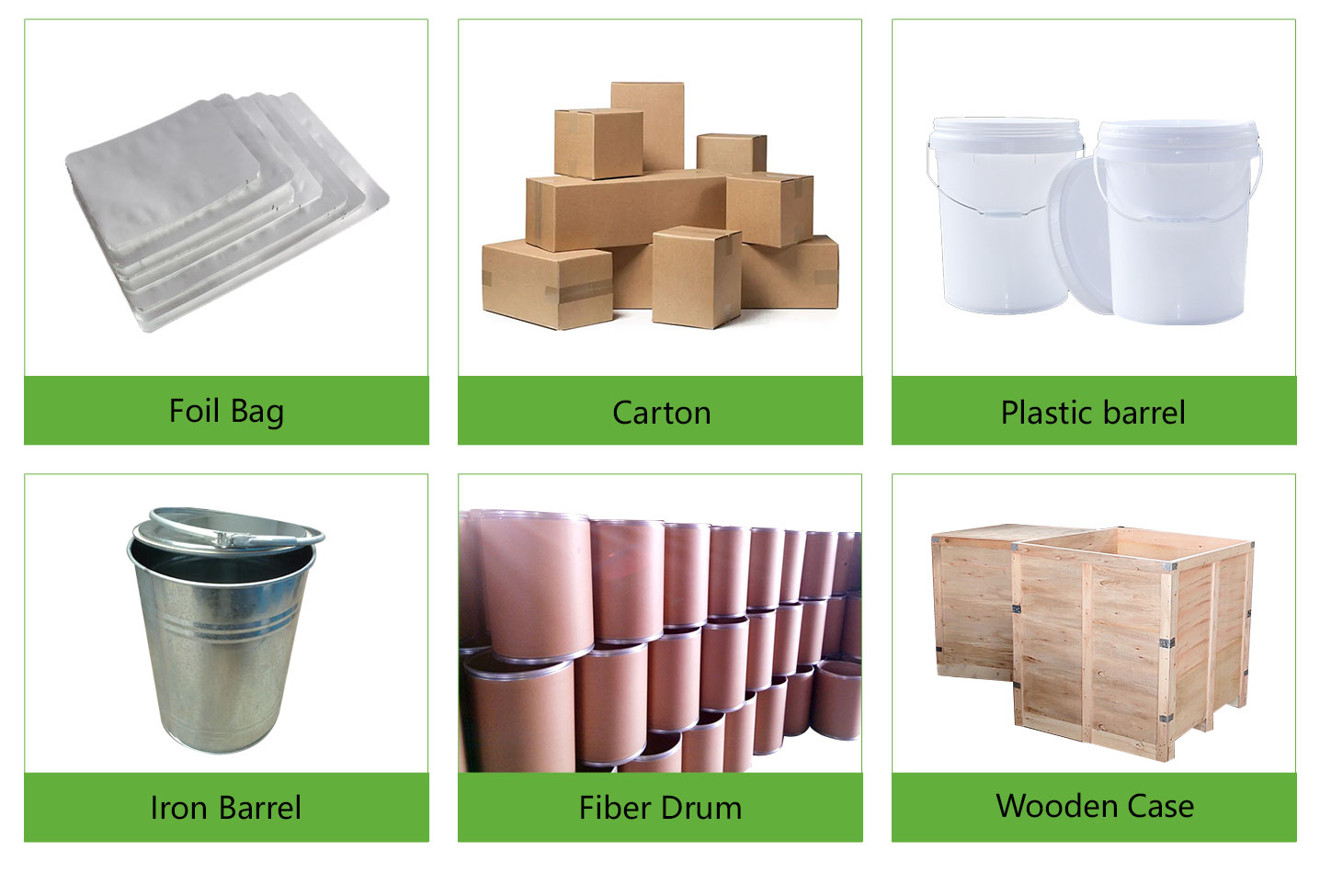|
B |
C |
O |
N |
Si |
Fe |
Ni |
|
77.48% |
21.52% |
<0.1% |
<0.08% |
<0.1% |
<0.1% |
<0.01% |
Application of Boron Carbide B4C Powder:
Boron carbide due to low density, large strength, high-temperature stability, and good chemical stability. In wear-resistant materials, ceramic reinforcement phase, especially in light decoration, reactor neutron absorbers, etc.
Fine and advanced abrasive materials
Because of the high grinding efficiency of boron carbide, it is mainly used as a grinding medium in the grinding process of materials, such as grinding, grinding, drilling, and polishing of hard materials such as gems, ceramics, knives, bearings, and cemented carbides.
Industrial ceramic materials
Products made of boron carbide powder: sandblasting nozzles, sealing rings, nozzles, bearings, plungers of mud pumps, pestles and rocket launchers, ceramic coatings for warships, helicopters, etc., as a new type of material. It has a high melting point, hardness, elastic modulus, strong wear resistance, and good self-lubricating properties. It is widely used in sandblasting machinery, electronics, information, aerospace, automobile, and other industries.
Shielding and control materials for the nuclear industry
Boron carbide material has a large thermal neutron capture section, excellent neutron absorption, and radiation resistance. It is internationally recognized and recommended as a nuclear reactor control and shielding material.
Bulletproof armor
Due to its high strength and small specific gravity, it is especially suitable for use in lightweight bulletproof armor, such as protecting aircraft, vehicles, ships, and human bodies.
Improve the life of mechanical parts.
Combine boron carbide powder with metal to produce metal-based alloy powder. After special surface treatment of this material, the original mechanical parts are more wear-resistant and corrosion-resistant to acid and alkali.
Special absorber provides energy.
Boron carbide, also known as "black gold," is used as a power source in powder form as a solid fuel for the rocket.
Chemical industry additives
Due to its stable chemical properties, boron carbide does not react with acid and alkali solutions. Its high chemical potential is widely used to produce other boron-containing materials, such as zirconium boride and titanium boride.
Advanced refractories
Because of its anti-oxidation and high-temperature resistance, boron carbide is used as a high-grade shaped and unshaped refractory material and is widely used in various fields of metallurgy, such as steel stoves and kiln furniture
Boron Carbide Nanoparticles (B4C),Boron Carbide Nanopowder (B4C)
Boron Carbide powder supplier :
Luoyang Tongrun Nano Technology Co. Ltd. (TRUNNANO) is a trusted global chemical material supplier & manufacturer with over 12 years of experience in providing super high-quality chemicals and Nanomaterials, including boride powder, nitride powder, graphite powder, sulfide powder, 3D printing powder, etc.
If you are looking for high-quality Boron Carbide, please feel free to contact us and send an inquiry. ([email protected])
Boron Carbide Properties |
|
| Other Names | B4C, B4C powder, black diamond, boron carbide powder, boron-carbon refractory ceramic |
| CAS No. | 12069-32-8 |
| Compound Formula | B4C |
| Molecular Weight | 55.26 |
| Appearance | Gray to Black Powder |
| Melting Point | 2763 °C |
| Boiling Point | 3500 °C |
| Density | 2.52 g/cm3 |
| Solubility in H2O | Insoluble |
| Electrical Resistivity | 0 to 11 10x Ω-m |
| Poisson's Ratio | 0.17-0.18 |
| Tensile Strength | 350 MPa (Ultimate) |
| Thermal Conductivity | 31 to 90 W/m-K |
| Thermal Expansion | 4.5 to 5.6 µm/m-K |
| Vickers Hardness | 26 Mpa |
| Young's Modulus | 240 to 460 Gpa |
| Exact Mass | 56.037222 |
Boron Carbide Health & Safety Information |
|
| Signal Word | Warning |
| Hazard Statements | H332 |
| Hazard Codes | Xi |
| Risk Codes | 20 |
| Safety Statements | 22-39 |
| RTECS Number | N/A |
| Transport Information | N/A |
| WGK Germany | 3 |